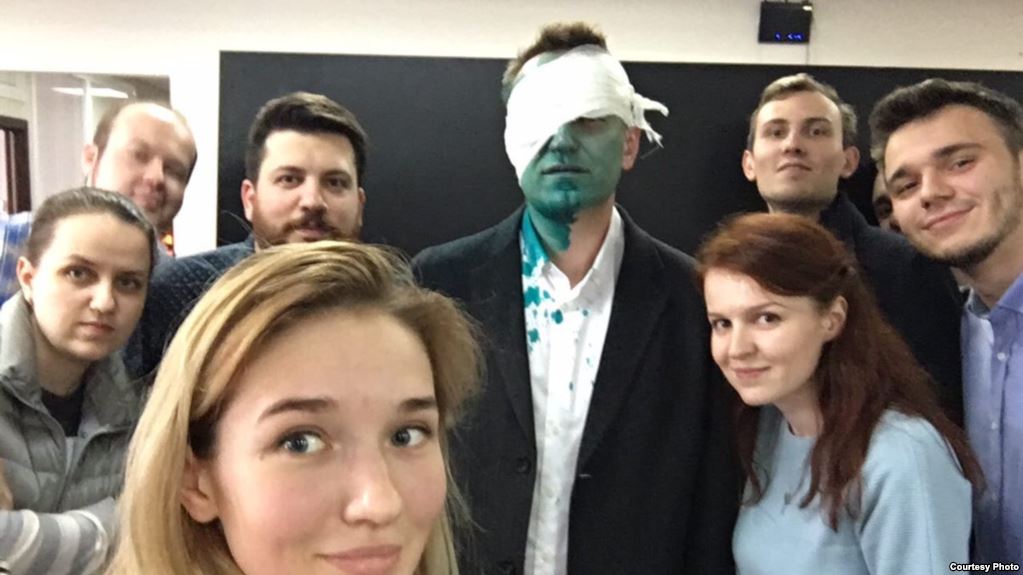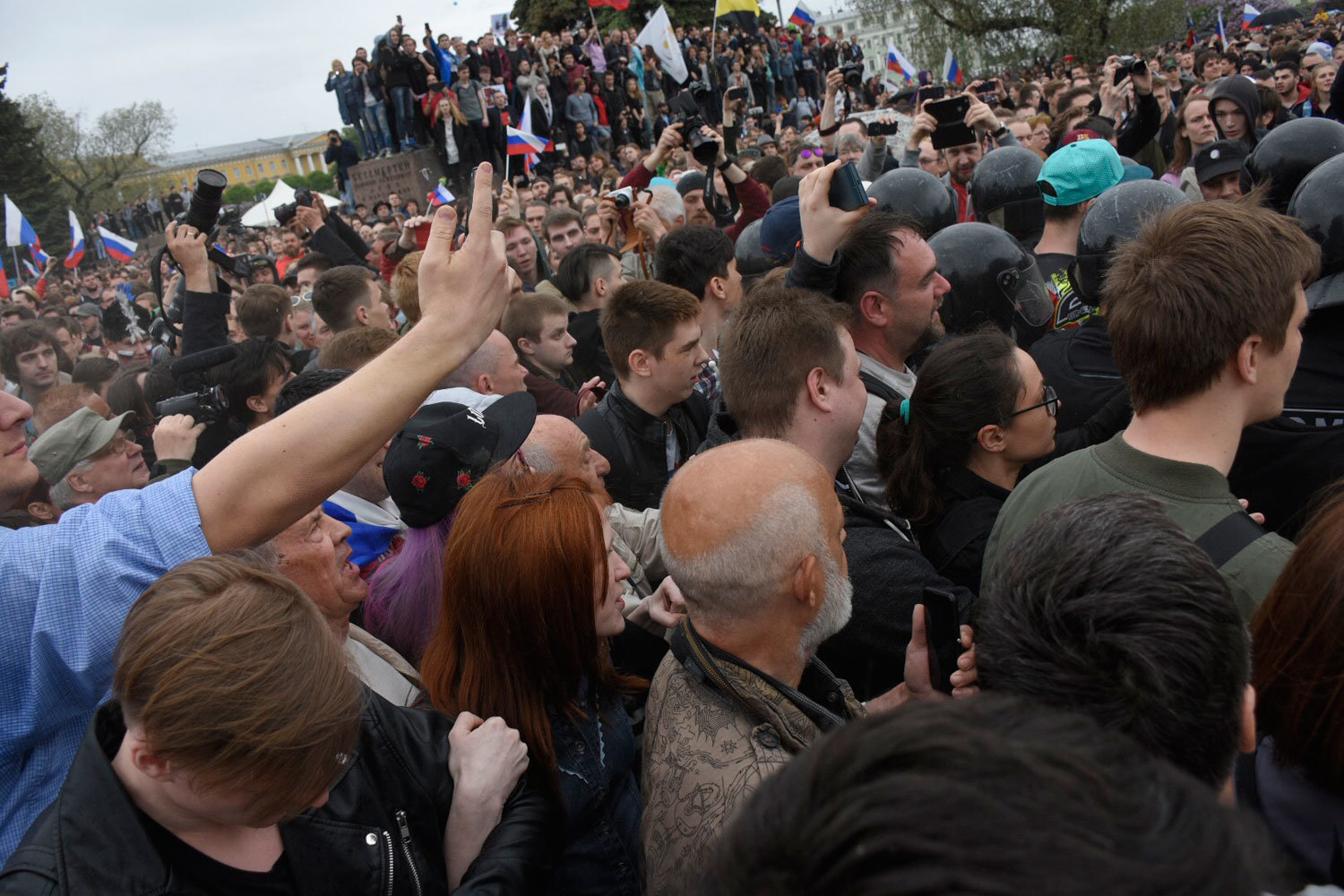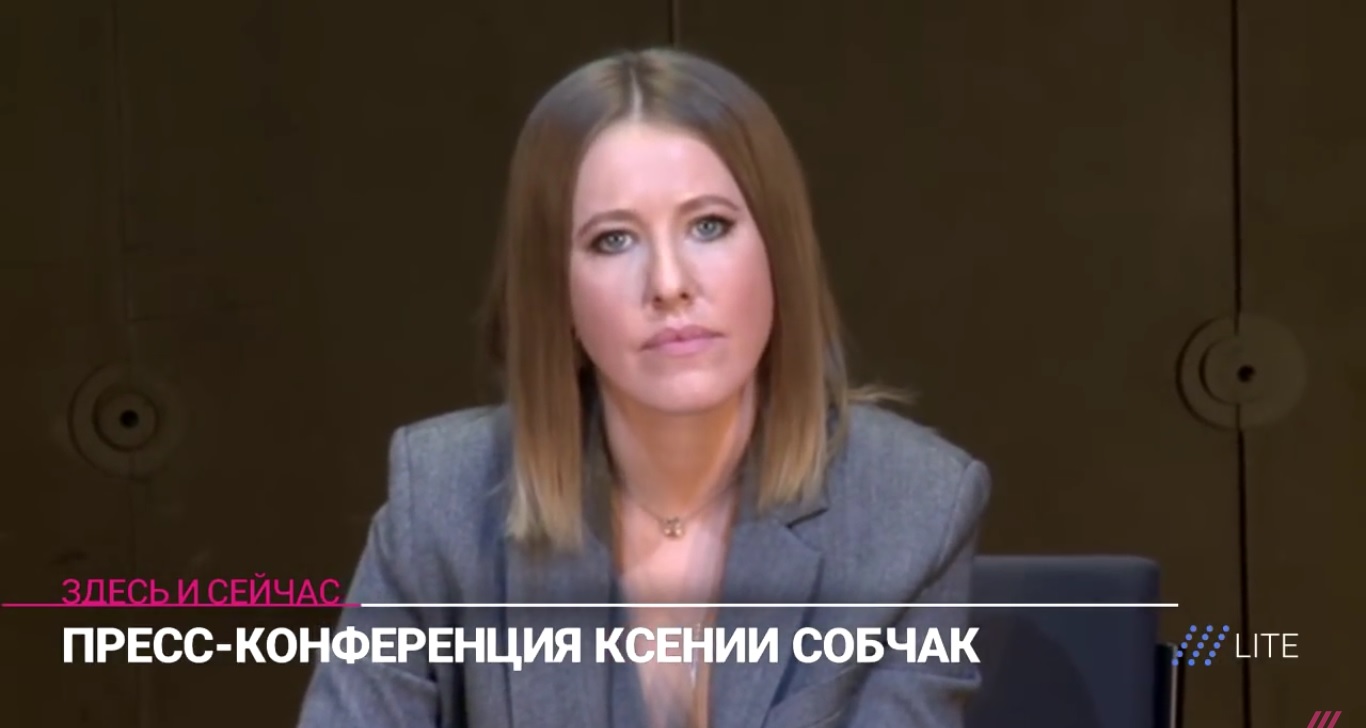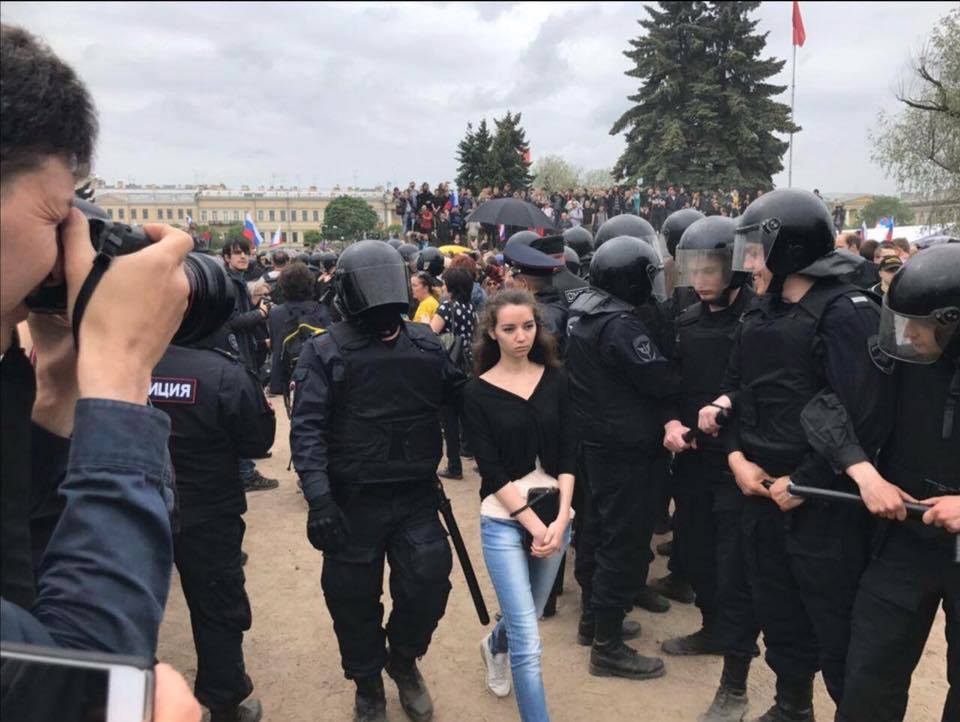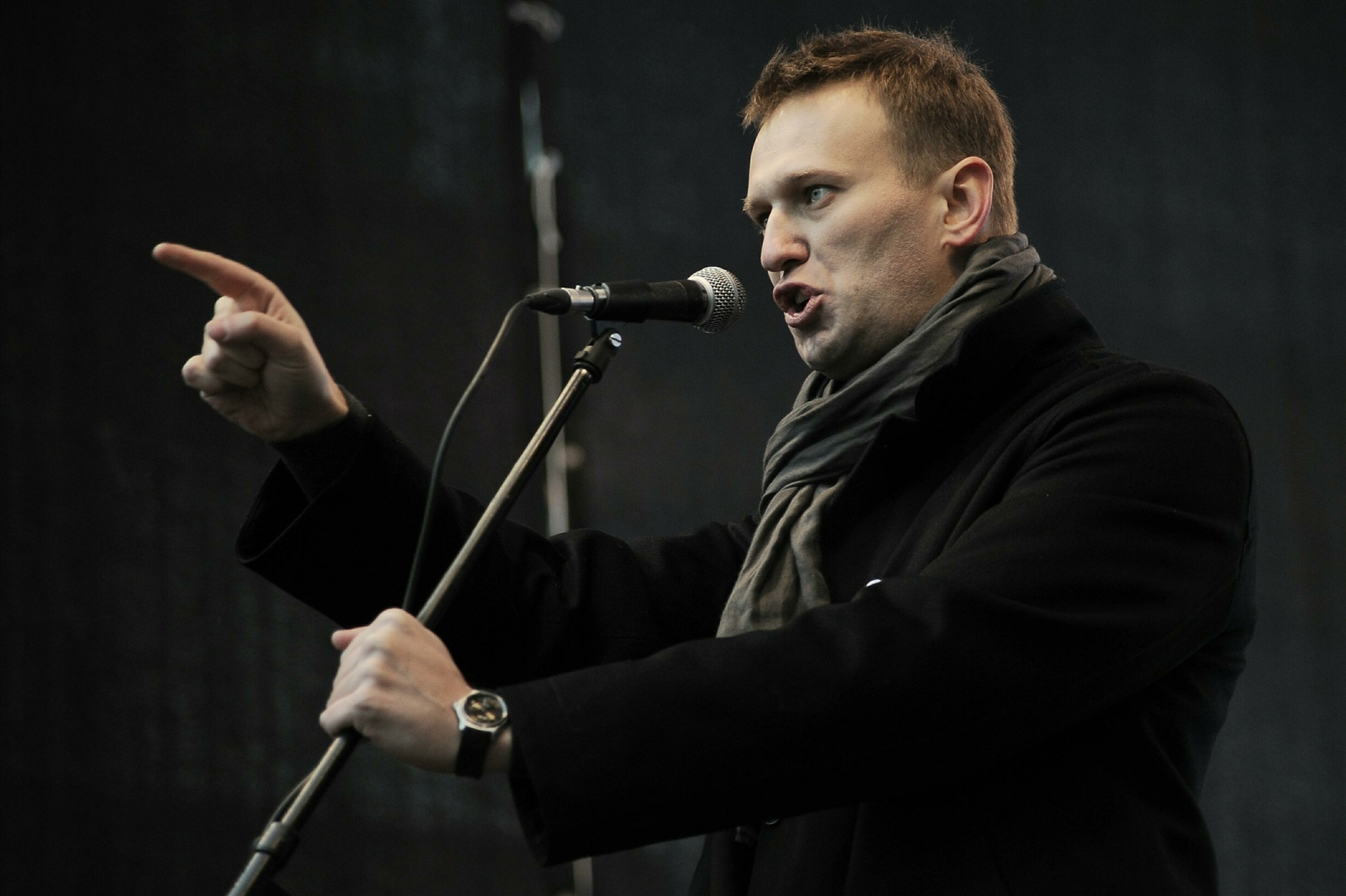Alexei Navalny and the liberals who support him have focused almost exclusively on the issue of corruption, a stance that reflects a fundamental misunderstanding of Russia’s largest problem and in fact distracts attention from it, according to US-based Russian historian Irina Pavlova.
“The liberal intelligentsia practically unanimously supports Navalny who has concentrated on the struggle with corruption,” and he and it both “consider the main problem” of Russia today to be “kleptocracy,” the result of the selfishness and greed of the leadership and the reason behind its foreign adventures.
“In reality,” she continues, the main problem of the country which always has remained in the shadows” is the commitment of the Kremlin to “great power, a traditional Russian super-national system of power, the total subordination of all autonomous formations to direct rule from Moscow and the total enserfment of the subjects.”
Pavlova’s analysis suggests that the focus by Navalny and other members of the liberal intelligentsia on corruption to the exclusion of almost anything else and certainly of the notion that this “great power” commitment should be challenged works for the Kremlin in three ways:
- First, it isolates the opposition from the population rather than promoting a dialogue with it, thus ghettoizing it and making it less of a threat to the incumbent regime.
- Second, it distracts the attention even of the liberal intelligentsia from what really matters and thus ensures that even its members will not take up the serious task of challenging the core problem of Russia.
- And third, it allows the regime to reduce the significance of the opposition by pointing out that it too at least at the level of slogans is also opposed to corruption, thus limiting in yet another way any challenge to those in power.
Related:
- Left-wing radicals in Urals see Russia on verge of a revolution like 1991
- 10% decline in number of births in Russia frightens economists
- Russia must decentralize or it will stagnate and then disappear, Pastukhov says
- A new “scissors crisis” in Russia: Oil prices up but GDP down
- Russians list Putin’s greatest successes and greatest failures
- How the Kremlin influences the West using Russian criminal groups in Europe
- Novaya Gazeta identifies Russian colonel involved in shooting down MH17

